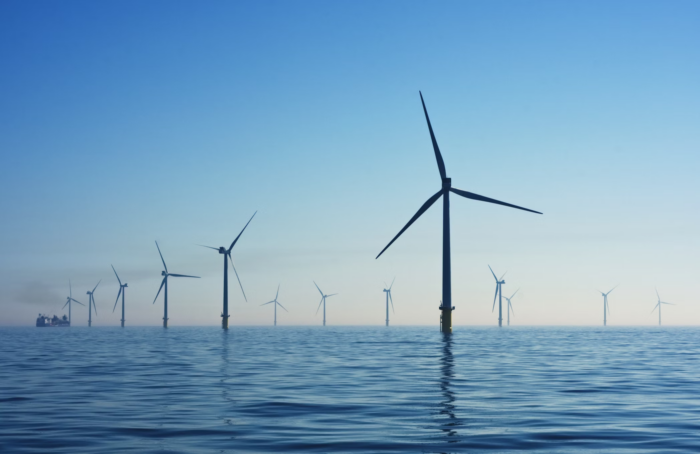Power, power, power: a levelling-up tool for UK investment
June 12, 2024Alex Irwin-Hunt May 23, 2024, fDi
Availability of sufficient, reliable power makes previously overlooked and rural sites attractive
Electricity grid connections and availability of sufficient clean power are becoming crucial in deciding where property developers and companies decide to invest in the UK, opening up new opportunities for previously underappreciated sites and areas of the country.
Real estate investors and company executives speaking to fDi at the UK’s real estate investment and infrastructure (UKREiiF) forum in Leeds from May 21-23 said that grid-connected sites with access to clean power are in high demand for data centres and other energy-intensive operations.
“A big driver of real estate performance in certain sectors will be the availability of [and access to] power,” says James Edwards, the managing director of Evans Randall Investors, a private equity firm with a portfolio across the UK, including the £300m expansion of the MIRA Technology Park in Nuneaton in the West Midlands. “It is becoming a more and more important factor to think about the energy infrastructure that might serve a site.”
The race for sites near to points of power generation comes amid years-long waiting times to get connections to the UK’s electricity grid for investing companies and electricity producers alike, including those building the UK’s offshore wind industry, which has greater installed capacity than anywhere in the world.
“For every project of any size and scale that needs a [grid] connection, there’s a long queue now,” says Neil Kirkby, managing director of enterprise for SSE Energy Solutions, the arm of the Scotland-based energy giant which works on decarbonisation of businesses across cities and regions of the UK.
For Martin Bellamy, CEO of Salamanca Group, the owner of the Gravity Smart Campus where Tata Group has acquired land to build a £4bn battery factory in North Somerset, power “can play a big role in levelling-up” less developed parts of the UK.
“There is a race for power that’s deliverable within a certain timeframe,” he said during a UKREiiF panel. “We may just see big business in places within the UK that we wouldn’t have dreamed of seeing them before, because they need to be near the point of power generation.”
This is evidenced by the reason for US private equity giant Blackstone acquiring a site in Cambois, Northumberland previously allocated to Britishvolt, the failed UK domestic battery start-up. Blackstone plans to build several artificial intelligence (AI) data centres on the site with reportedly up to £10bn of investment for the area of north-east England.
“Who would have thought that a company like Blackstone would be in the market to buy that site to build an AI campus? The reason why they are there is because of the [access to] power,” said Mr Bellamy, whose Salamanca group reportedly helped introduce Blackstone to the overseers of Britishvolt’s assets.
The Cambois site acquired by Blackstone is next to the North Sea link, an interconnector point between the UK and Norway that enables sharing of electricity between the two countries. It is also already equipped with a connection to the national grid as the site of the former Blyth coal-fired power station, which closed in 2001.
Local authorities and investment promotion agencies are more actively using their power availability to promote FDI. This is shown in the rural Highlands of Scotland, which has up to 27.6 gigawatts of offshore wind generation capacity planned over the next decade.
Raymond Bremner, the leader of the Highland Council, tells fDi that the amount of power generation coming online in the Highlands puts it in a position to support new infrastructure and attract new industries. Japan’s Sumitomo has committed to invest £350m into a new subsea cable factory at the port of Nigg to serve the area’s burgeoning offshore wind industry.

For regions of the UK where there has been historically more investment, such as London, investors say a lack of power is stalling new developments and making potential development sites less attractive.
“Energy is an absolute stopper. If you can’t power your site, what are you going to do?” asks Paul Weston, the regional UK head for Prologis, a US-based developer of logistics parks. To the west of London, a popular location for data centres, Mr Weston says companies have to wait until 2038 to get a connection to the electricity grid.
